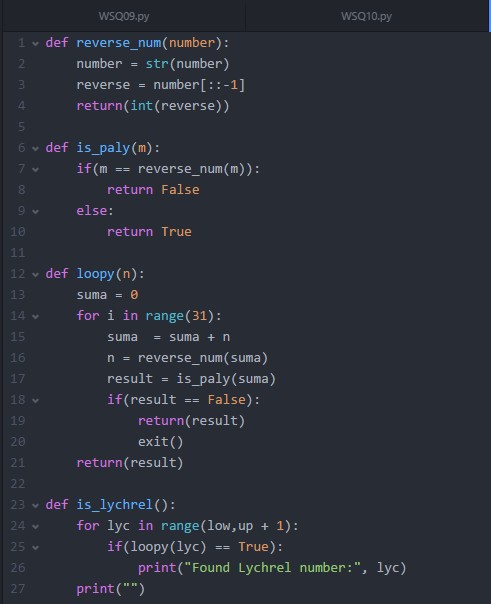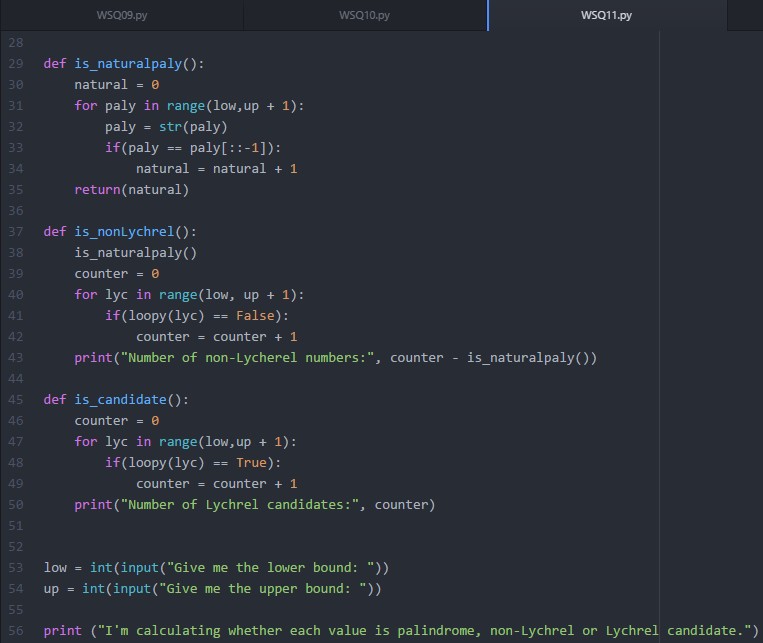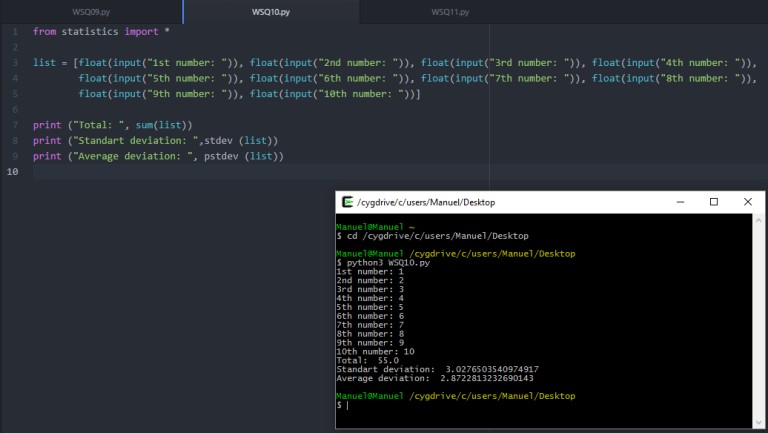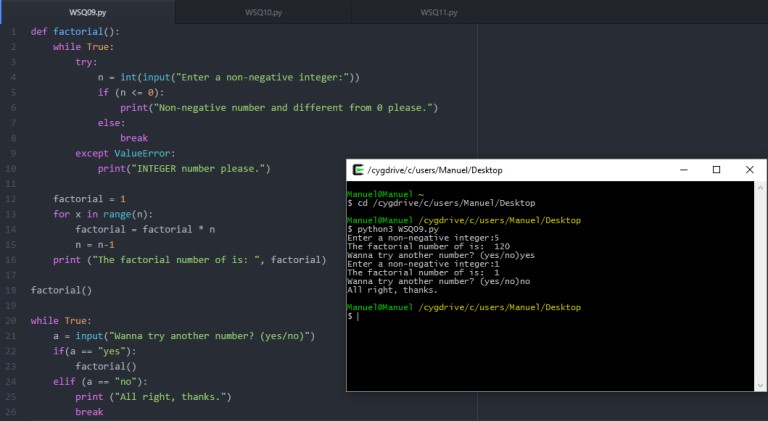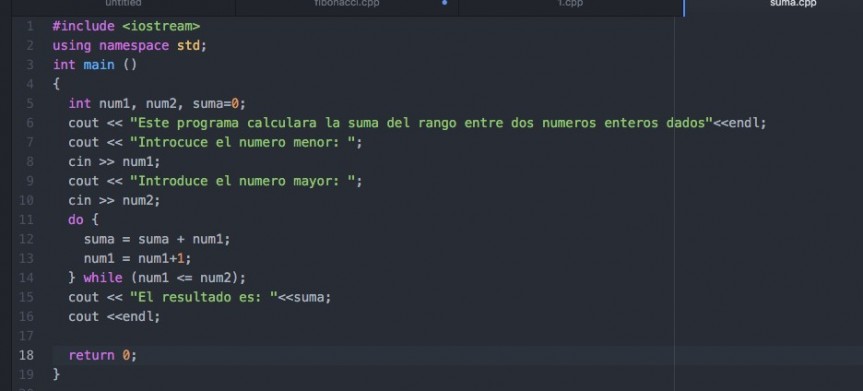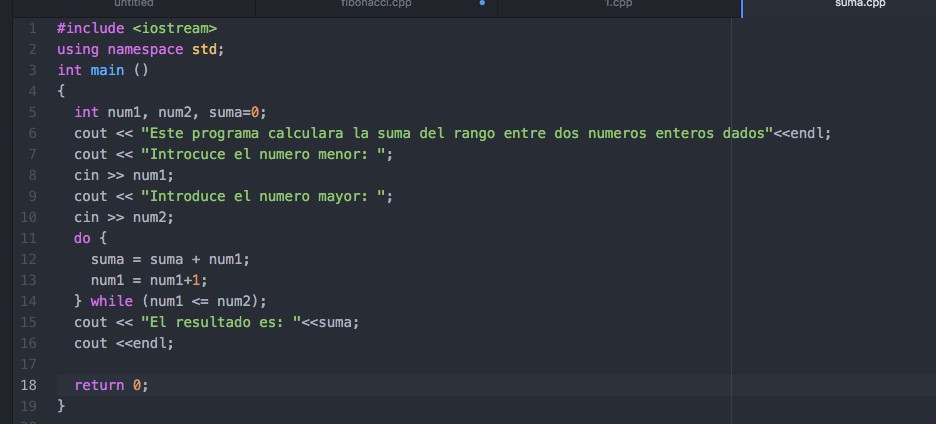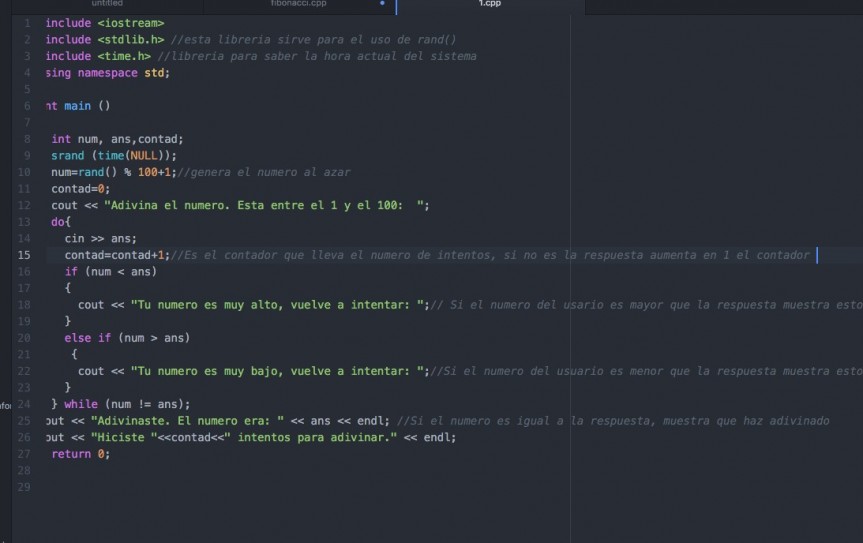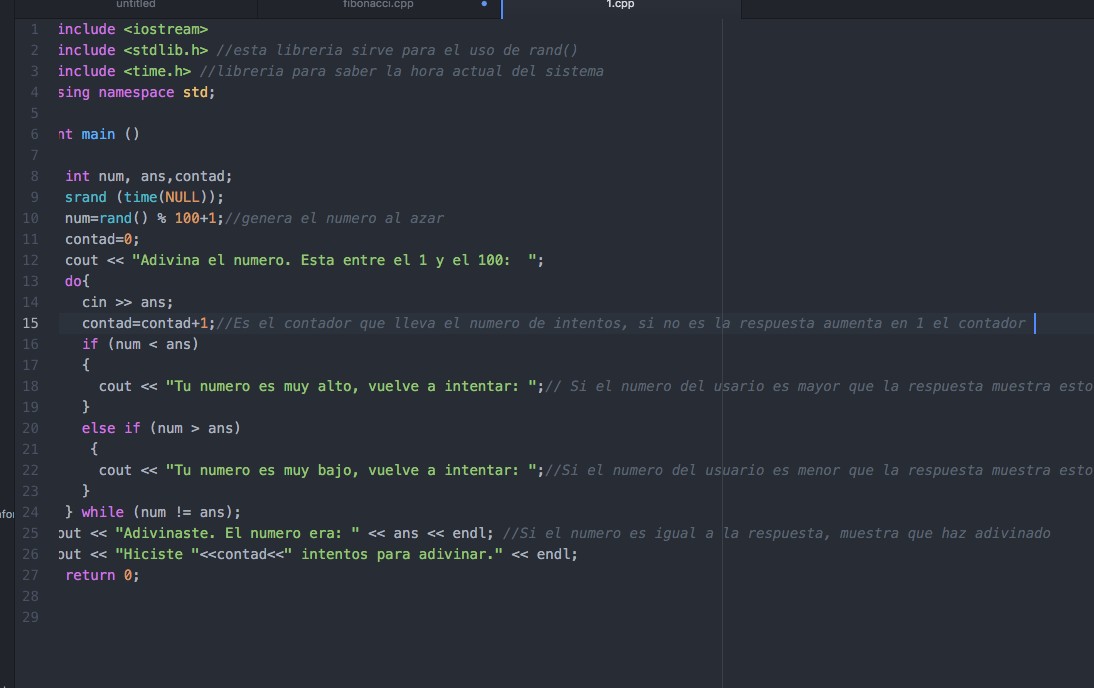Hey guys, I’m here with another quizz, let’s take a check to our to do list:
- Create a function called is_palindrome which receives a string as a parameter and returns true if that string is a palindrome, false otherwise. Remember that a palindrome is a word that is the same forward or backward. For full points your function must ignore case and must work with any character (not just letters). So (“Dad$dad” is a palindrome even though the D is capital and d is lower case).
- Create a function called find_threes that receives as a parameter a list (or Vector or array for C++ students) of numbers and returns the sum of all numbers in that list that are evenly divisible by 3. Note if using vectors, you will need an additional parameter to represent the number of numbers in the array. So if the list was [0,4,2,6,9,8,3,12], the function would return 30 (0+6+9+3+12).
Let’s do it:
First function:

Second function:

You’re welcome.







